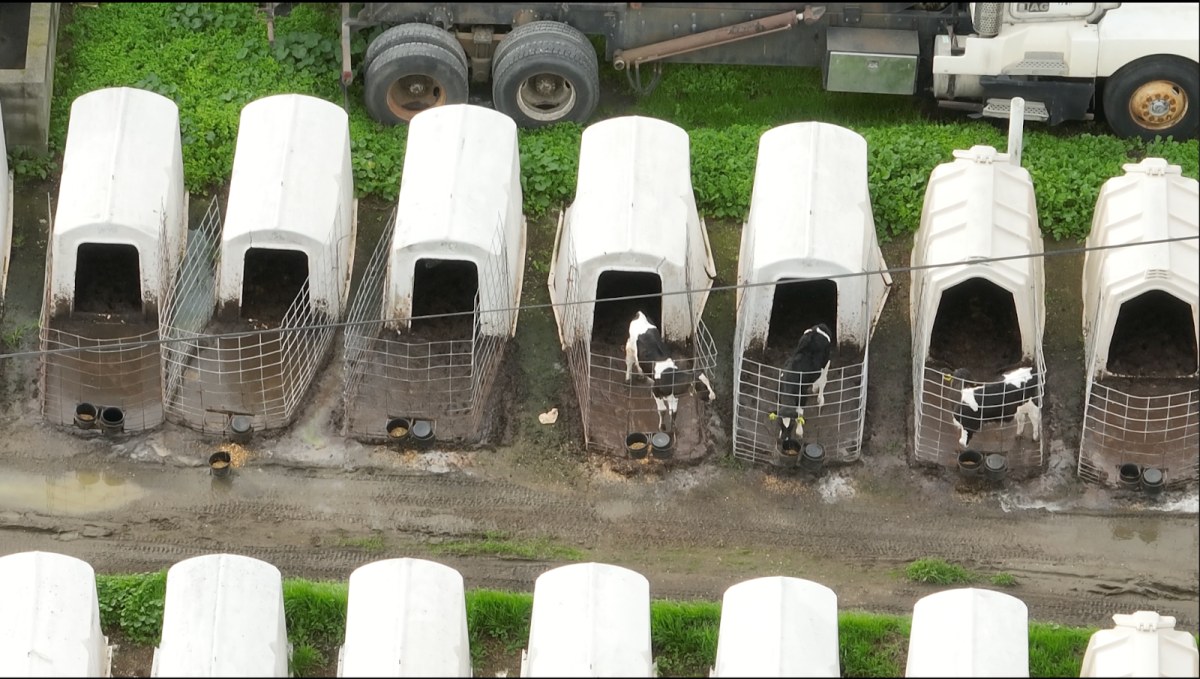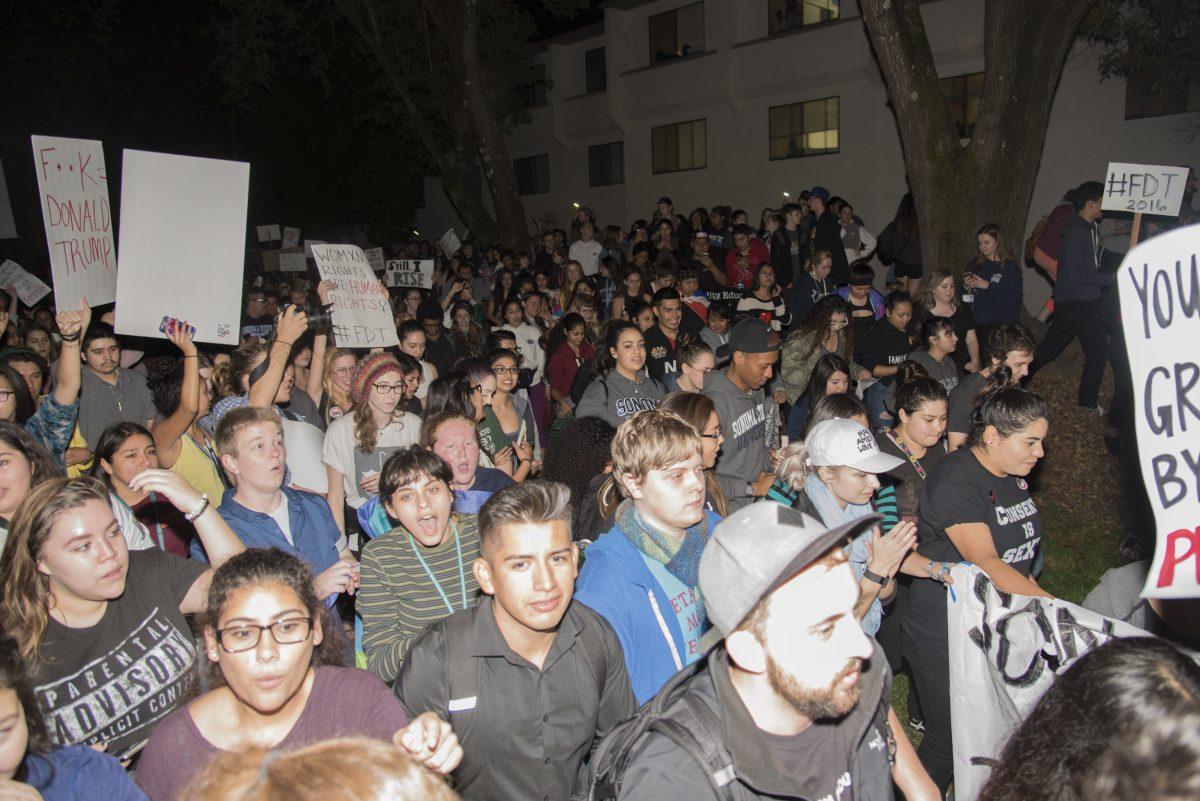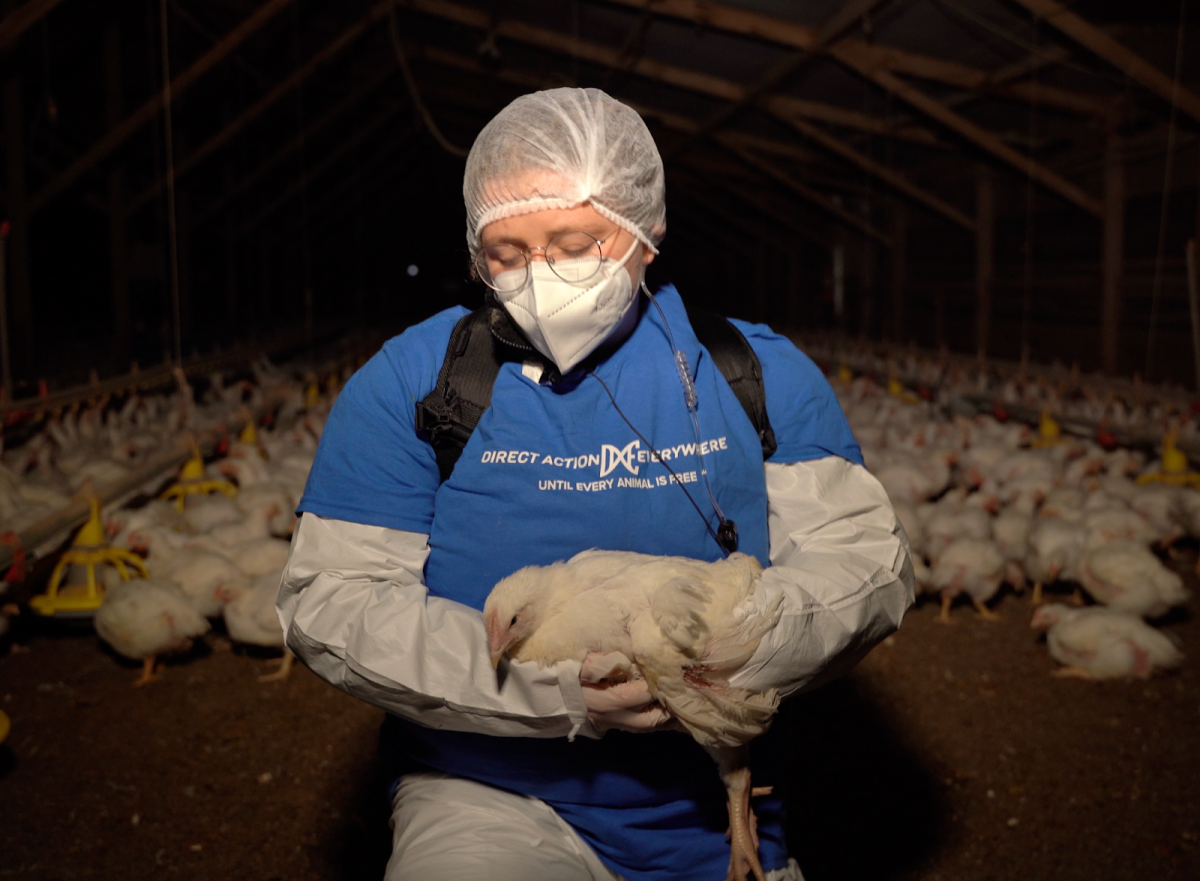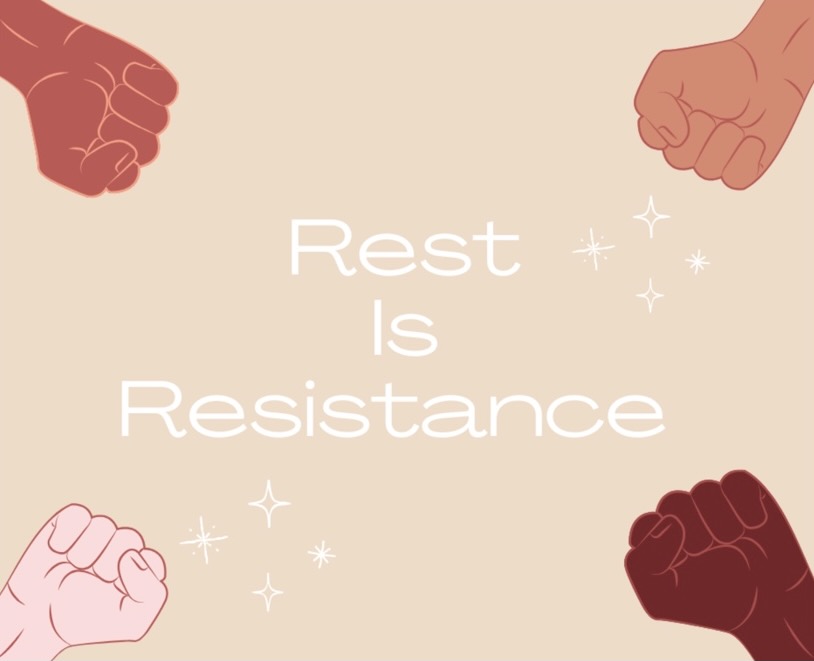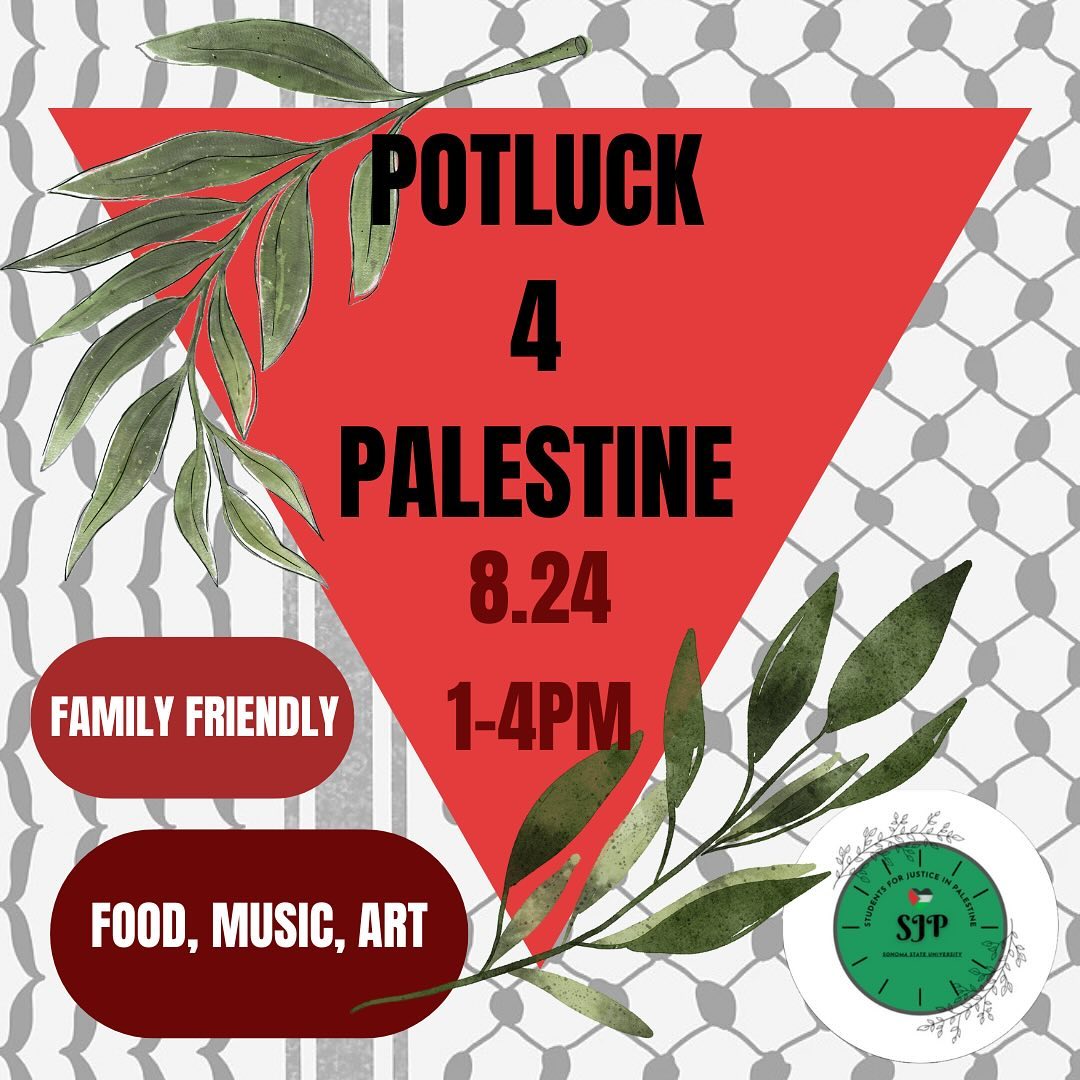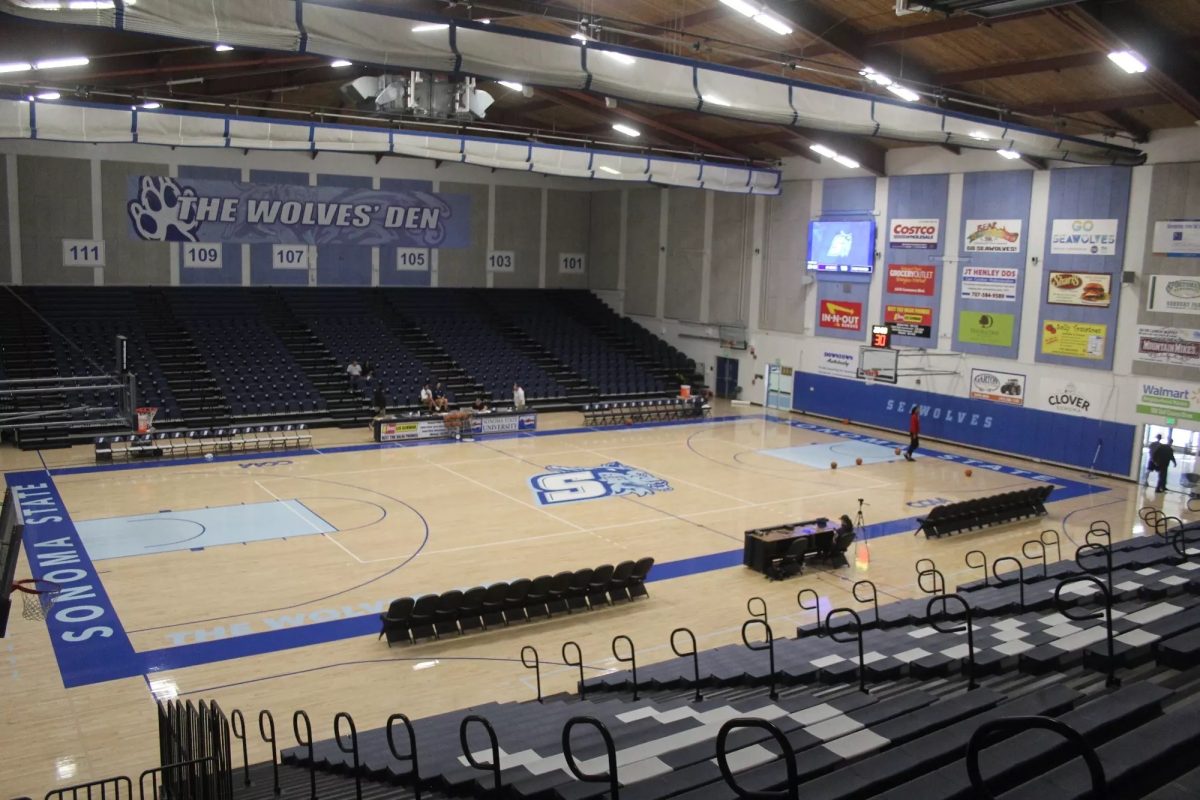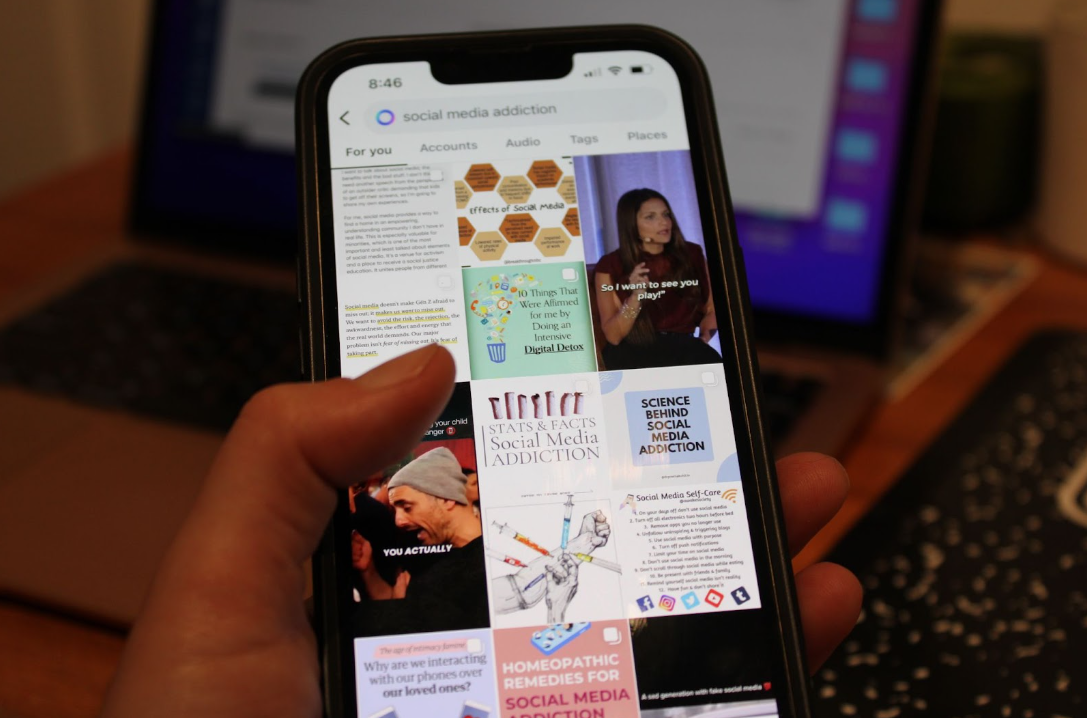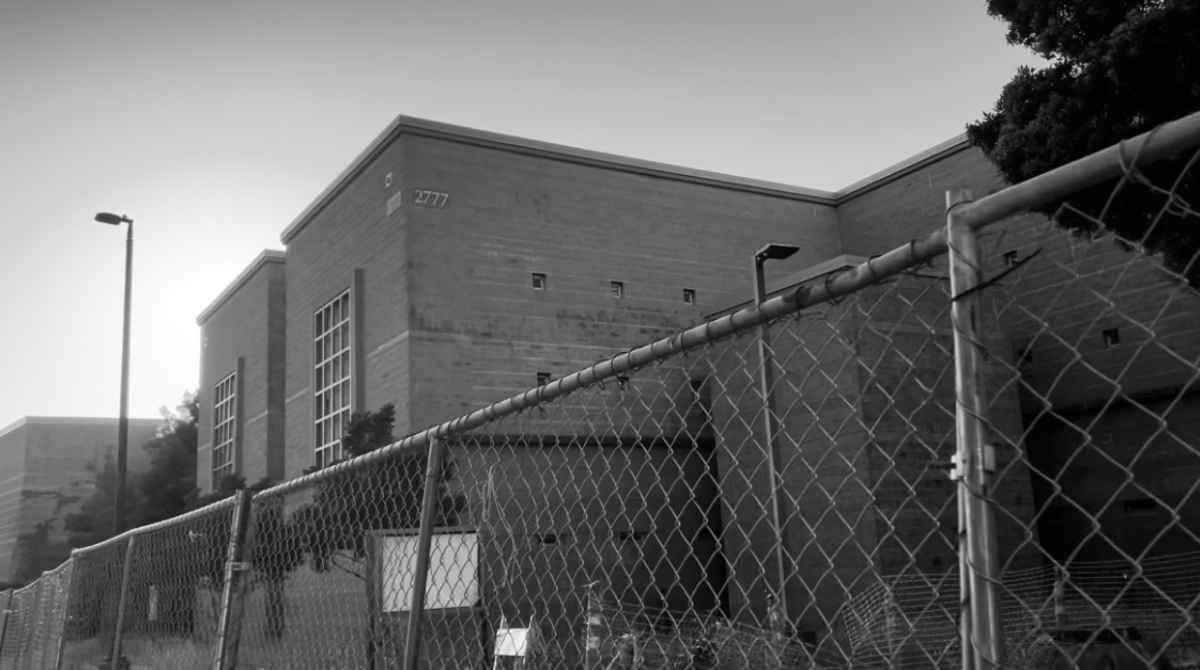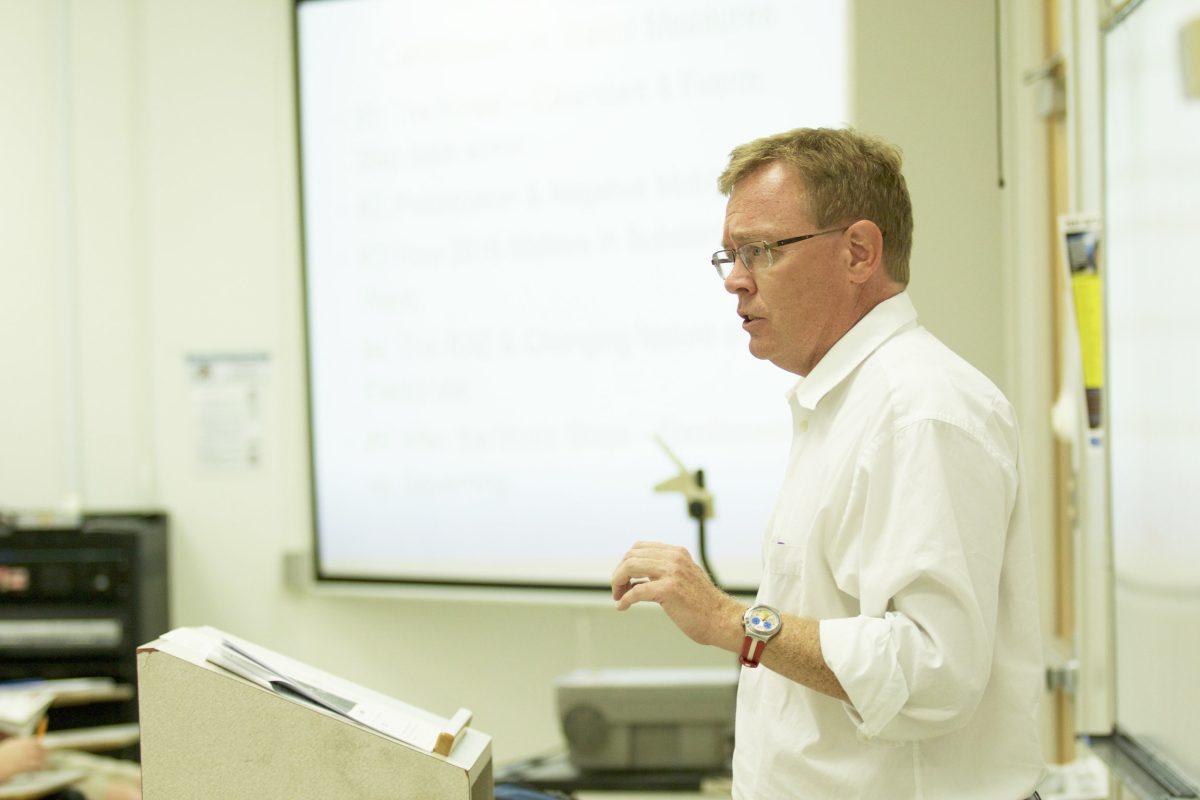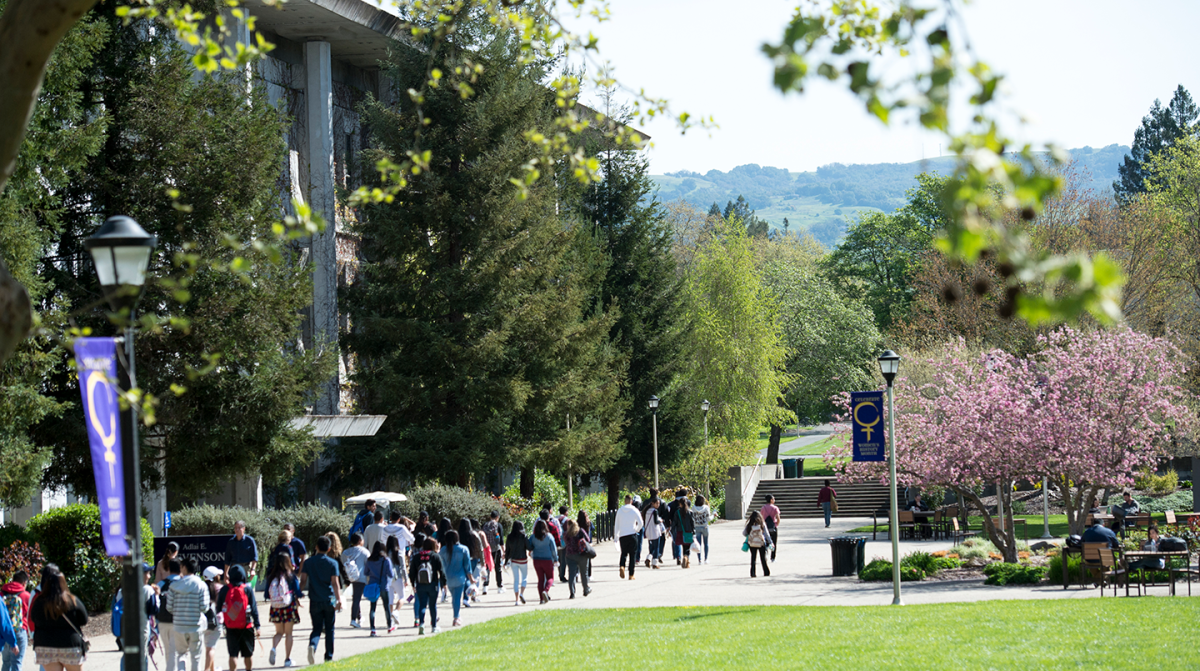College students are going to have an immense impact on this presidential election – and a lot depends on whether the younger generation turns out to vote, according to David McCuan, a Sonoma State political science professor and media pundit.
Just 38 percent of those between the age of 18 and 24 voted in 2012, according to the Census Bureau.
Latinos and undecided voters in swing states such as Ohio and Pennsylvania, and possibly remote congressional districts in New Hampshire, will play a key role in deciding who wins this race between Democrat Hillary Clinton and Republican Donald Trump.
But the impact young voters could have on the elections is apparent. Even though younger voters often don’t cast their ballots, the candidate who draws out many young voters are more likely to win this election.
For candidates targeting this crowd, the focus will be on generating enthusiasm so voters will actually go out and vote, said McCuan during a Sept. 20 visit with the STAR staff.
“We like to use a fancy four letter word: data,” McCuan said.
Polls, models and history all help McCuan to understand the 2016 election. His expertise has been featured in the New York Times, TIME Magazine and CNN. On Election Day, he will offer his comments on KCBS and NPR. He spends a significant portion of his days educating reporters on how to cover elections. For the presidential election, he relies on the data to determine exactly how the race will be won. Also, he noted that the presidential election has down ballot effects.
“Hillary Clinton is the most disliked, unfavorable candidate to run for president in our modern history not named Donald Trump,” said McCuan.
McCuan stressed how elections are bound to change. Unmarried women, Latinos and Millennials are all demographics growing in size.
Their vote will have a significant impact on the presidential race.
McCuan said the key in this race is what he calls “the Rising American Electorate,” also called the RAE, and this group is changing American politics. Sonoma State students are considered part of this group. Whichever party is able to best rally the vote of the RAE will be set up for success in the 2016 election.
“This challenges how [candidates] run for office,” said McCuan.
One example he gave was how campaigns have started monitoring voters’ online presence to determine party and likely voting habits.
In the last presidential election, the youth vote was a deciding factor. President Barack Obama received 67 percent of all votes cast by people under 30 while Mitt Romney received 30 percent.
Analysis of these votes shows if it had been a 50-50 split, then Romney would have won the election. So, while the under-30 vote is just 20 percent of the electorate, its impact cannot be understated.
Nobody knows the effect that someone like Bernie Sanders has on young voters.
While running for the Democratic presidential nomination, Sanders, a Vermont senator, saw an overwhelming wave of support on college campuses, including Sonoma State.
As the primaries ran their course, Sanders routinely won the under-30 vote.
He ended up getting more votes from the under-30 crowd in the primaries than Donald Trump and Hillary Clinton combined. After he left the race, the two candidates both made their case to his supporters.
Young voters have the reputation that they are apathetic about the election and its results. The statistics show they vote at a low rate; below half. For Hillary Clinton and Donald Trump, it is in their best interest rates to change this fact.
While the presidential election receives most of the nation’s attention, there are also 17 state propositions and a similar number of Sonoma County measures that need to be decided.
This includes local school bond measures, a countywide sales tax and support of local libraries.
Some of the statewide propositions are sure to garner interest from the student body. One of the more talked about is Proposition 64, which would legalize marijuana for recreational use.
This proposition has polled around 60 percent and is expected to pass.
There are many other issues on the ballot this November that could engage Sonoma State students and attract them to the voting booths. Voters will make decisions concerning gun control, repealing the death penalty and the banning of plastic bags.
One of the more unusual ballot measures is Proposition 60, which would require adult film stars to wear condoms. Proposition 56 would increase the cigarette tax by $2 per pack.
A wide array of ballot propositions covering a variety of issues ensures that anybody can find their reason to cast a vote.
Students can register to vote by logging in to MySSU and going to the Student Center, where there is a link to register.
The deadline to register is Oct. 24. Election Day is Nov. 8, and students will be able to vote on campus.

